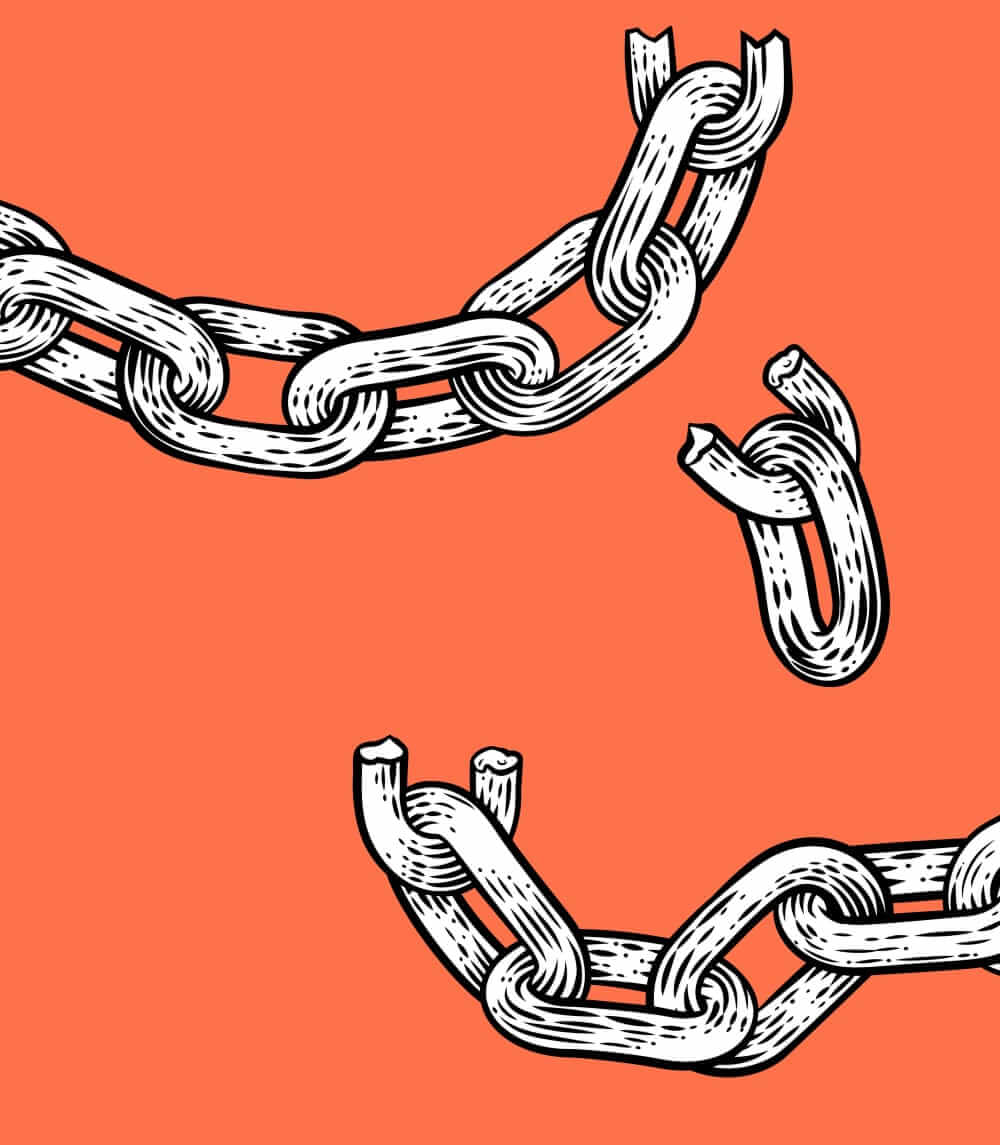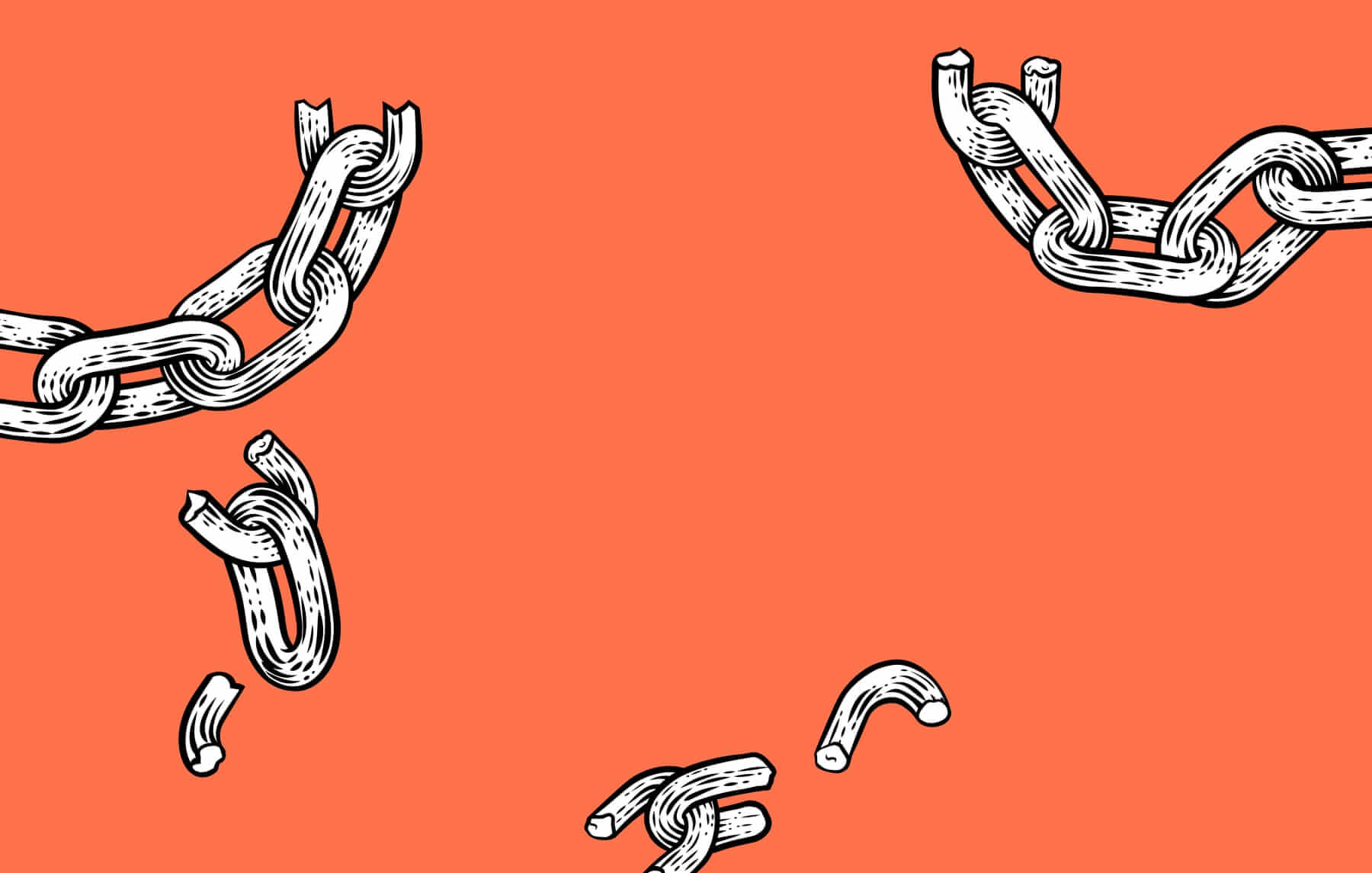4
Let Yourself
Feel Everything
Our go-to habits are like Band-Aids: when we rip them off, there's bound to be a little pain. If we don't honor and process that pain, we never get to the root cause behind the behavior—which is the key to getting free.
I used alcohol as a way to transcend my feelings of self-hatred. And when I stopped drinking, there were decades of old sadness to process. Ugh. To help, I created Spotify playlists tied to certain eras of my life where difficult memories lingered: a high school breakup, the loss of my father, going away to college, etc. Whenever I felt emotion coming up, I'd drive around cranking tunes and grieving.
As I healed and processed the root emotions behind my habit, I became naturally more comfortable in my skin, which made being present in my body more fun. The desire to drink to escape naturally fell away. And I found that I didn't need my crutch anymore.
5
Create the Life
You Want to Live
So many of us fall into crappy habits, because we aren't satisfied with our lives. And the instant gratification of doing something easy that brings relief wins out over putting in the time to create lasting change.
One exercise I do with many of my clients in transition is around purpose: What are your goals? Who do you want to serve? What are you here on earth to create? Most of us go through life never being fully clear on what we want to be doing. We're winging it. And, as Lewis Carroll famously wrote: “If you don't know where you are going, any road will get you there.”
In my drinking years, if I knew my purpose for being alive was to help other men, it would've occurred to me: “Hmm, when I'm wasted, I don't seem to be helping anyone. Maybe I should drink less.” The same goes for even the smallest habits. If my goal is to read twelve books this year, and I'm spending all night on TikTok and never cracking a page, then that habit has to change for me to be successful.
It's all about alignment: when our thoughts match our words, and our words match our actions, we're living in integrity with ourselves. And when we're living in integrity, being present to our lives is a pleasure. Don't get me wrong, we all need time to just fuck off, relax, binge a series or take mushrooms with our friends. But the more inspiring a life we create, the less time we'll want to be distracted from it. And the more powerful and yes, free we'll feel.






























